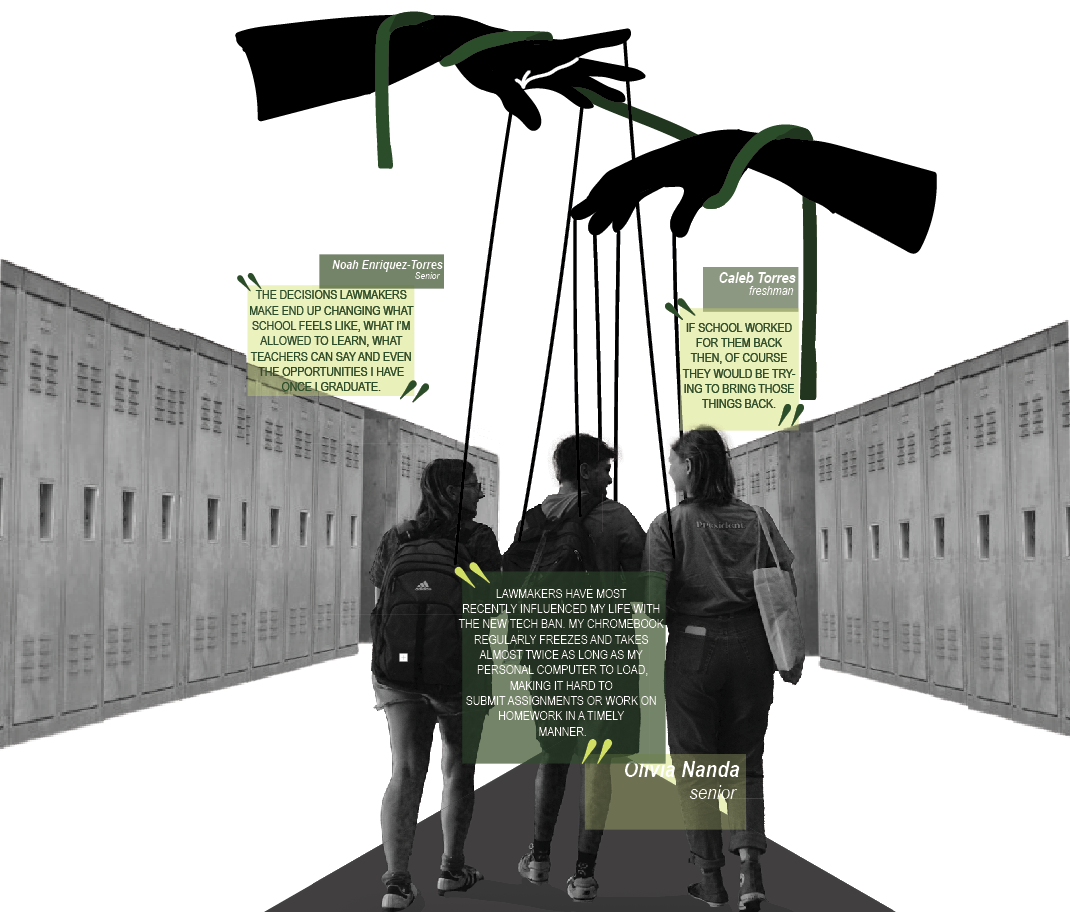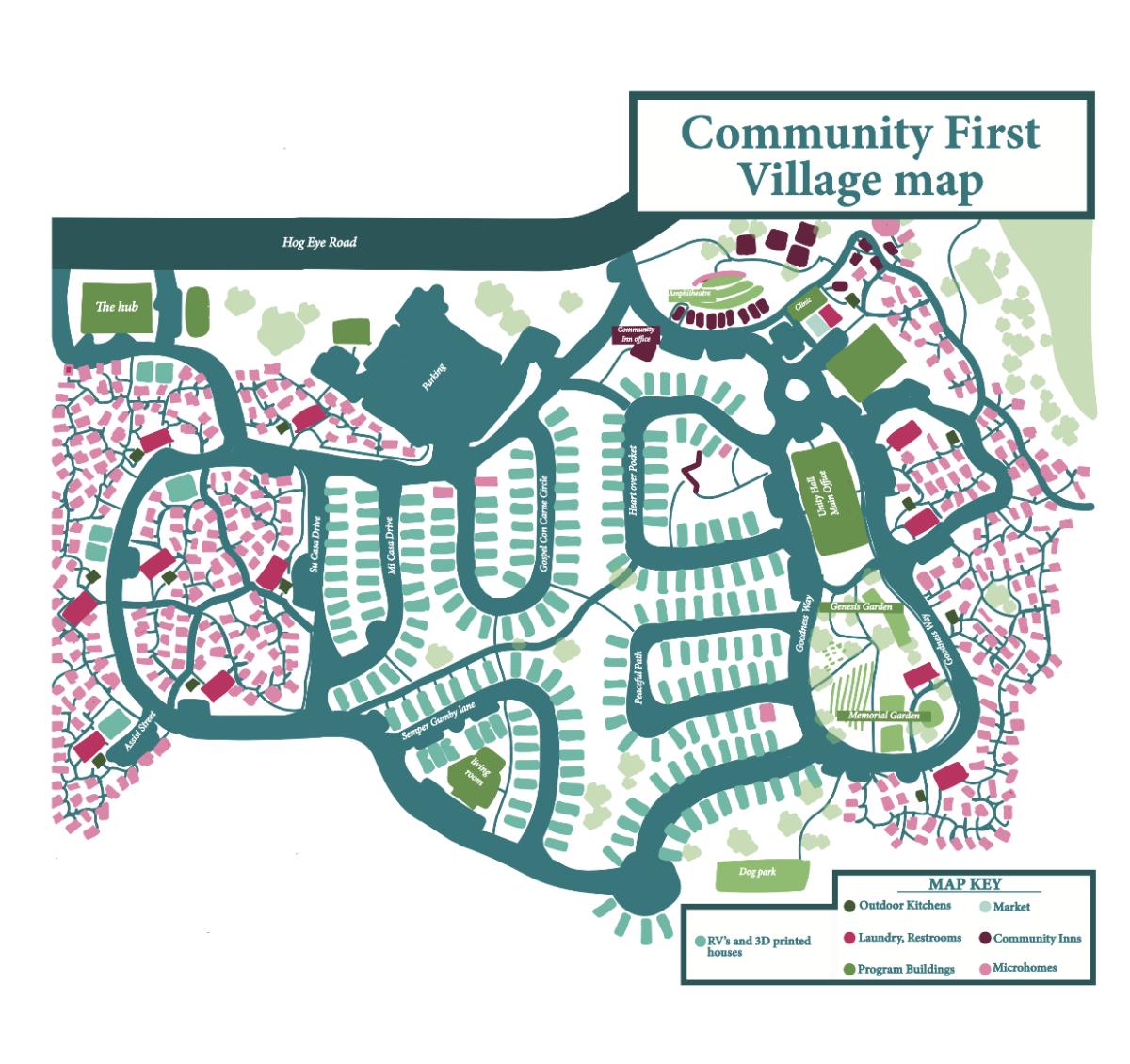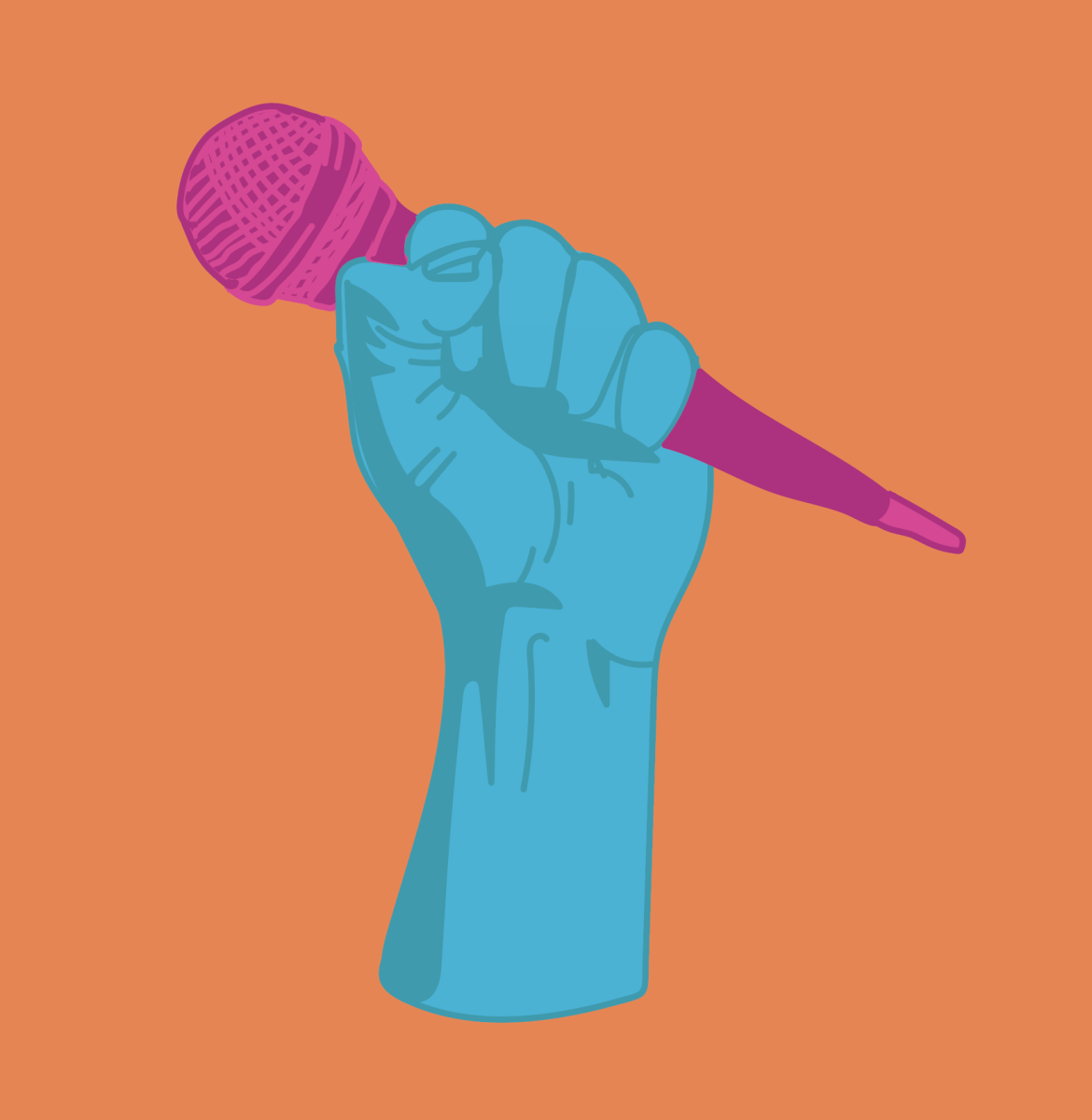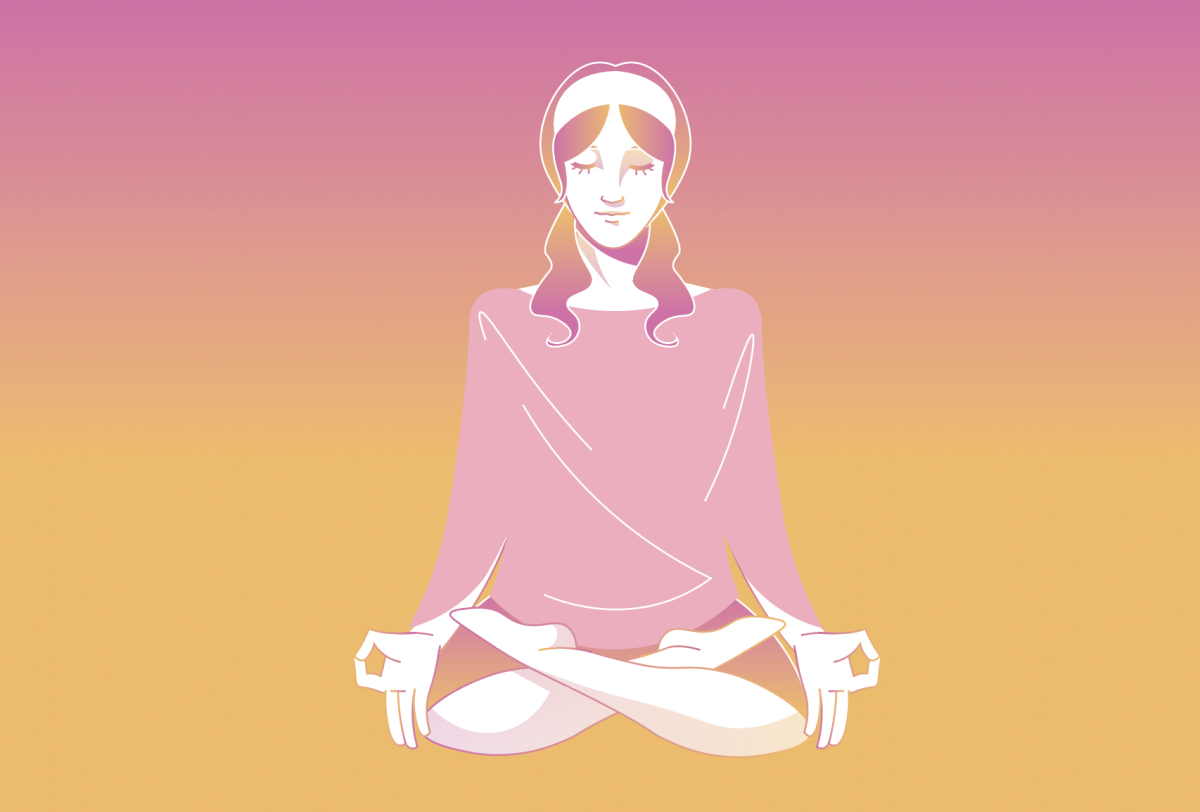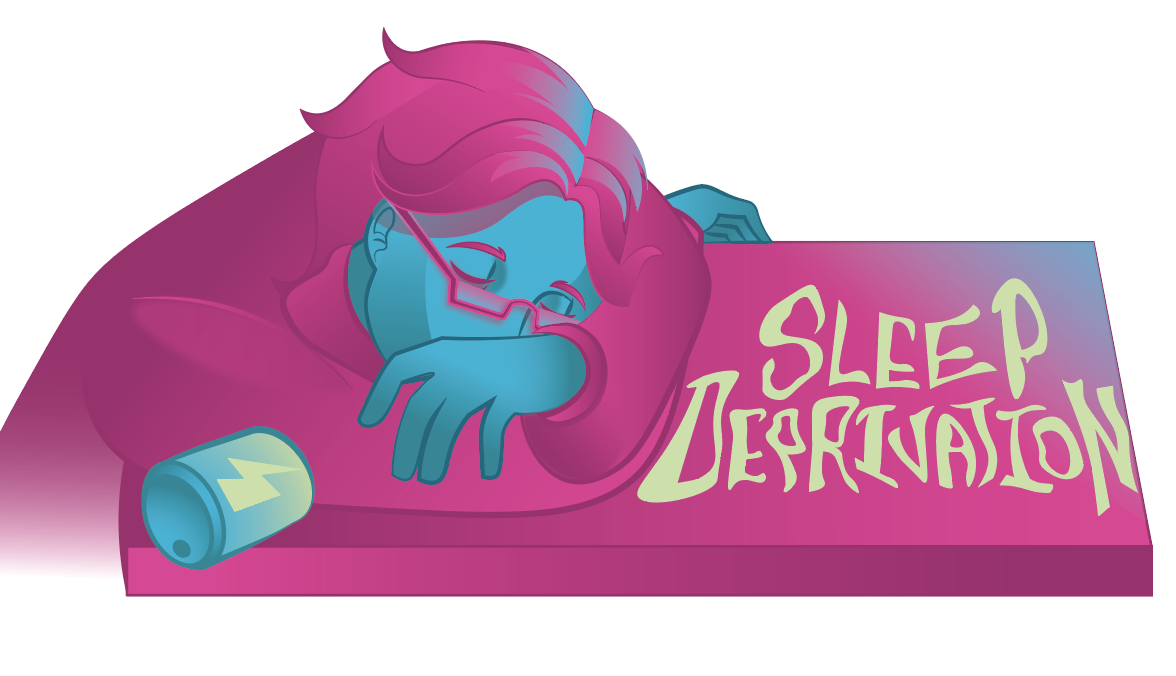
Worn out and tired, Penelope Durbin drops her bag of soccer gear on the floor, finally home after a late night game. All she wants to do is sleep, but she still has to eat dinner and do pre-calculus and English homework. This leads her to spend another few hours awake.
“From middle school to high school my parents stopped enforcing a bedtime on me,” Durbin said. “I definitely felt more free, and it caused me to want to go to sleep later. Then I realized that I actually need sleep as I’m going into high school, so I’ve started trying to go to bed earlier, but my schedule conflicts with that, causing me to have to go to bed later and later as I go up in grade in high school.”
WHAT IS SLEEP DEPRIVATION
When a person doesn’t get enough sleep, or gets poor sleep it is called sleep deprivation. Sleep deprivation can have multiple effects on a person’s mental health. According to the National Heart, Lung, and Blood Institute(NHLBI), poor sleep can make it harder for someone to manage their emotions, can lead to depression, stress, impulsive or risk taking behavior, lack of motivation, and troubles with decision making.
“Focusing is probably the biggest thing, it’s harder to focus when sleep deprived,” psychology teacher Tyler Branyon said. “When I am low on sleep I feel groggy, irritated, and frustrated. I’m not in a very good mood, and I don’t have as much patience when I don’t have enough sleep.”
While getting bad sleep can have mental effects, it can have physical ones as well. According to Johns Hopkins Medicine, sleep deprivation can increase risks of colorectal cancer, type 2 diabetes, heart disease, and high blood pressure. Lack of sleep can impact immunity leading to sickness and can increase cravings while lowering appetite control leading to obesity. Additionally, being impaired by drowsiness can lead to physical danger with Johns Hopkins reporting that 6,000 fatal car crashes are caused by drowsy driving each year.
“Sleep is important because it’s the body’s way of processing the day,” Human Growth and Development teacher Bridgette Reyes said. “Everything that is learned, experiences, any kind of conversations with people, all of that, the brain needs time to organize it, and sleep allows for that. Additionally, let’s say someone is an athlete and they’ve been exercising a lot, their body needs that time to recover, so that way they can continue to do all the great things that they do.”
According to Cleveland Clinic symptoms of sleep deprivation can include trouble thinking, focusing, and remembering. During a school day which could include assignments or exams, those issues could negatively impact a students performance.
“Lack of sleep makes people unmotivated, they don’t feel like doing any work, or are falling asleep in class,” freshman Faylynn Carrington said. “When I am low on sleep I usually just feel really tired and I don’t feel like doing work in class, so then I just have more work piled up to do later.”
According to the Cleveland Clinic, children ages six to 12 should be getting nine to 12 hours of sleep every night. Teenagers should be getting eight to 10 hours of sleep, and adults should be getting between seven and nine hours of sleep.
“Everyone has different sleep needs,” Reyes said. “Some people need six hours to function, some people need eight or nine hours. If someone is not getting that requirement to allow their body to rest and recover, they can fall into sleep deprivation.”
CAUSES
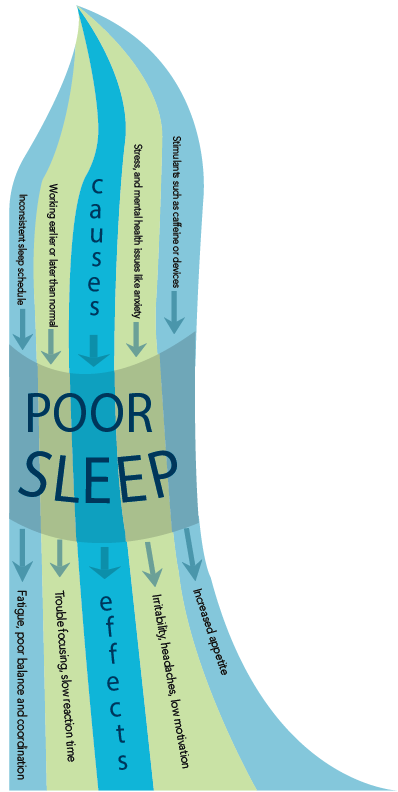
Sleep deprivation can be caused by many things both in and out of one’s own control. According to the Better Health Channel, sleep environment, medical conditions including chronic pain and mental health, and lifestyle choices such as busy or inconsistent schedule and device use can all negatively affect someone’s sleep.
“A number of things can cause sleep deprivation,” Branyon said. “A lot of it is self-inflicted stuff; we can’t get off of our screens when it’s time to go to bed, busy schedules and things of that nature, just not having enough time to finish work. Then there’s other mental health issues that also go into it, anxiety and depression and things that nature all factor into sleep deprivation. For me personally, I have trouble shutting my mind off. I think a lot of people do. I just can’t stop thinking and that affects sleep.”
According to the National Center for Biotechnology Information, in a survey given to 256 university students 67.2 percent of students stated that stress was a cause of their poor sleep. In-school activities such as exams or public speaking can cause students stress prior to their performance, and while waiting for the results. For a lot of students grades can be a source of stress as well, leading to extensive work being put into maintaining certain grades.
“If someone is taking really advanced courses and they get five hours of homework, then they’re stuck on that,” sophomore Milos Rodriguez-Tomazin said. “Then, say someone didn’t pay attention, they didn’t finish their notes, then they have to catch up on it at night. They’re stuck doing homework and studying all night, so they don’t get enough sleep.”
“Students who do a sport, or are in theater, band, orchestra or any extracurriculars, have to come home later after doing their activity, making them have less time for homework,” Durbin said. “If someone has late practices, then they get home late and there are still a lot of other things that they might have to do. They might have to take a shower, do work, take care of their siblings, any of those things, and it throws off their sleep schedule.”
COUNTERACTION
According to Johns Hopkins Medicine, exercise can positively affect sleep, improving sleep quality and how quickly a person can fall asleep. Extra physical activity can release endorphins and body temperature, so it is suggested to exercise one to two hours before sleep to avoid being impacted by those factors.
“Sports can bring some stress and anxiety if someone is worried about competition and performing well,” Branyon said. “However, sports also allow for a lot of physical activity, and typically, if you are more physically active, you’re going to sleep better.”
According to the National Sleep Foundation in a poll done in America in 2022, 58 percent of responders reported looking at a screen less than one hour before going to bed. The blue light and brain activating stimuli that comes from watching, scrolling, or playing something on a device can all impact sleep, so it is recommended that one removes devices from their room before they would like to sleep in order to avoid outside stimuli that can affect their sleep.
“There’s a lot of people that stay up on TikTok or social media,” Rodriguez-Tomazin said. “They get so caught up in scrolling through videos that they forget how time passes, and then it’s been four hours on their phone. I put my phone up for a whole hour before I go to sleep, so that my brain can relax and get into a calm state, and it helps me fall asleep.”
When people are looking for improvement in their sleep deprivation symptoms they often turn to immediate solutions such as taking a nap because they are tired, or drinking a caffeinated drink to boost their energy. However, both of these can make a person feel less tired later in the day impacting their sleep.
“Caffeinated drinks make me feel very energized at the time, but as the day goes on I start feeling more and more tired, and then it’s more difficult for me to fall asleep at night,” Durbin said. “I think energy drinks will probably kill me at one point in my life, but they’re good if I need a boost of energy during the day.”
Something that has a direct impact on the amount of sleep someone gets is the time they go to bed and the time they wake up. According to the National Center for Biotechnology information, having a consistent structured sleep schedule results in improved alignment between sleep and circadian timing, and more regular sleep timing.
“Trying to set a consistent schedule throughout the week helps with falling asleep easier,” Durbin said. “Also, trying to think of one thing that’s not anxiety causing at night to set the mind on helps to fall asleep, just little things that are calming, maybe ocean noises or rain noises.”
Quality sleep can have many impacts on a person’s physical and mental well being. According to UC Davis Health, sleep promotes growth and weight management, helps to keep a strong immune system, and boosts memories and learning. They promote tips to get better sleep such as staying away from snacks, sugar, caffeine, and blue light late at night, sleeping in a cool dark room, and having a consistent sleep schedule.
“Having good sleep hygiene kind of sets one up for success,” Branyon said. “If someone doesn’t get enough sleep, they can’t function, they can’t learn, and they don’t have enough energy to get through the day. It’s really the most important thing when it comes to health.”





